
Find Help
More Items From Ergsy search
-

Who is responsible for paying the deceased’s tax debts?
Relevance: 100%
-
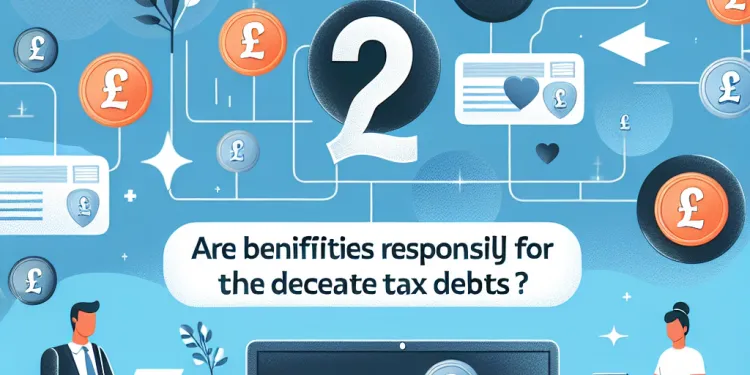
Are beneficiaries responsible for the deceased's tax debts?
Relevance: 80%
-

Can the executor use the deceased's assets to pay tax debts?
Relevance: 79%
-
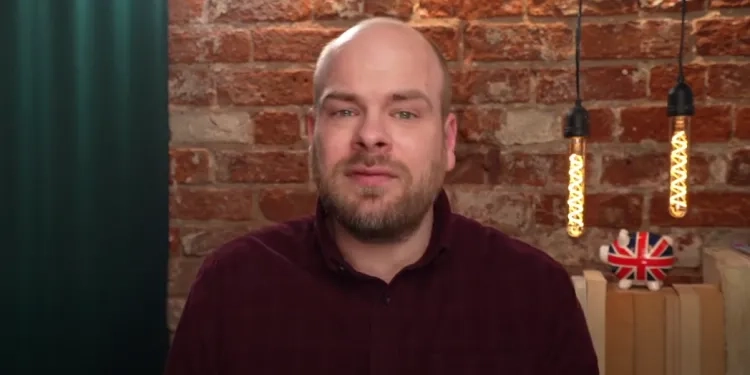
What Happens to Tax Debt After Death? (UK Laws)
Relevance: 67%
-

What is the role of an executor in handling tax debts?
Relevance: 63%
-
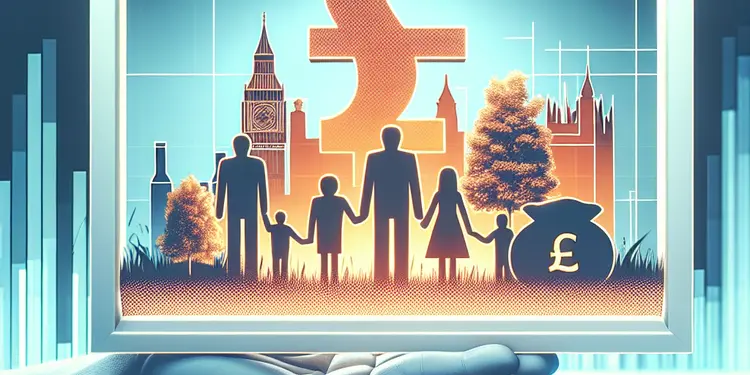
Who is responsible for paying Inheritance Tax?
Relevance: 55%
-
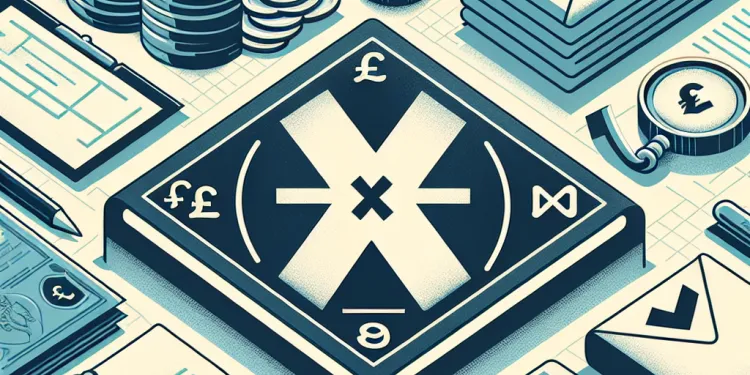
Is it necessary to complete a final tax return for the deceased?
Relevance: 54%
-
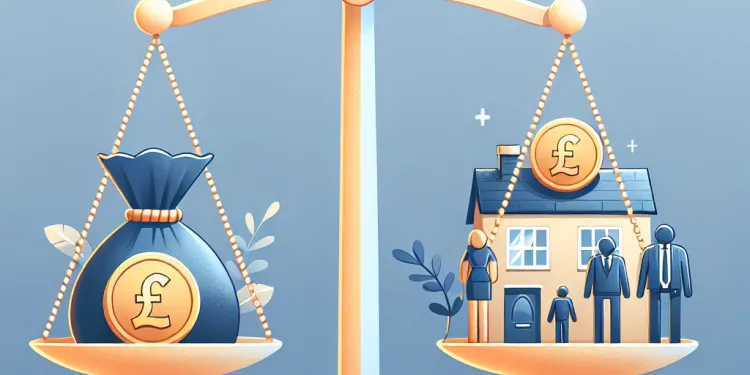
Do unpaid tax debts affect Inheritance Tax calculations?
Relevance: 54%
-
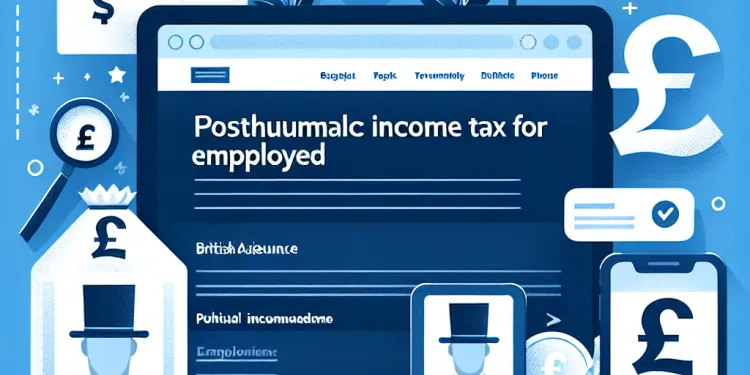
What happens to a deceased’s Income Tax if they were employed?
Relevance: 53%
-

What should I do if I need help managing the tax affairs of the deceased?
Relevance: 52%
-

What if the estate does not have enough assets to pay all tax debts?
Relevance: 46%
-
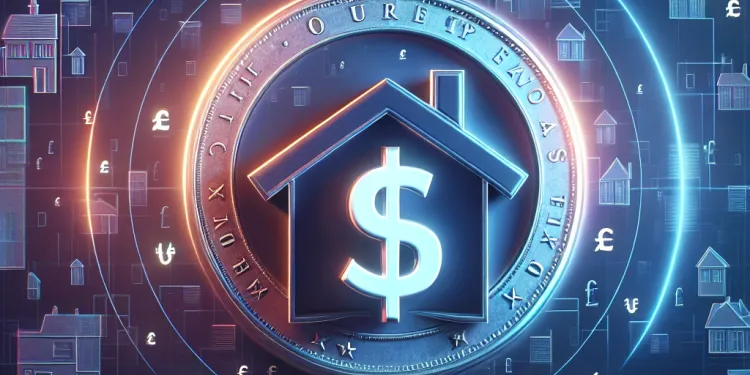
What taxes need to be paid from the deceased’s estate?
Relevance: 46%
-
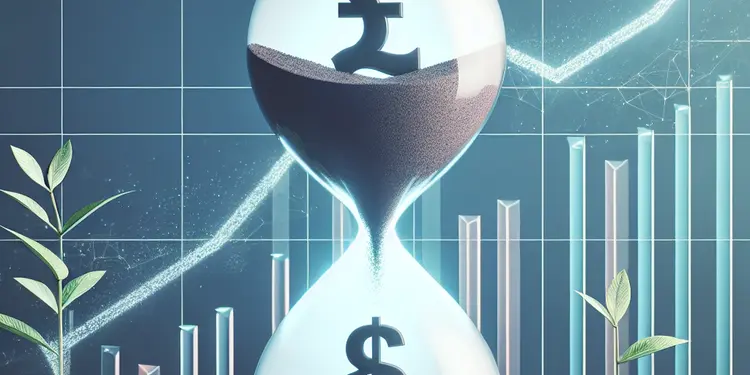
Can I include previous year's tax debt in a new Time to Pay arrangement?
Relevance: 43%
-

What is the process for paying inheritance tax?
Relevance: 38%
-
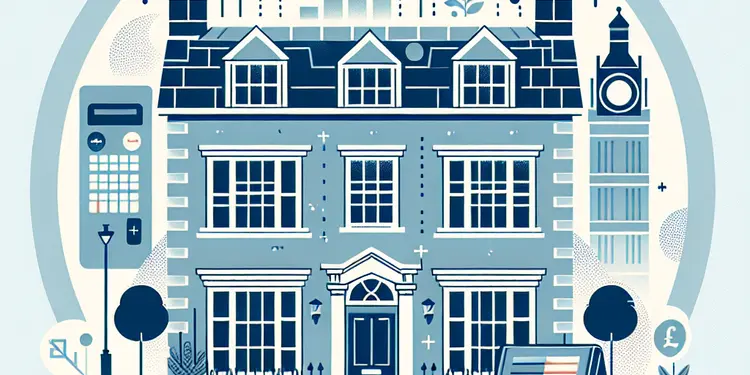
How do I value the estate for Inheritance Tax purposes?
Relevance: 36%
-
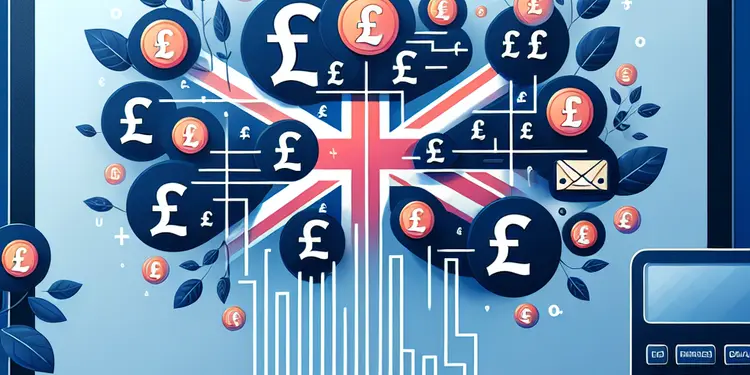
How is the Inheritance Tax bill calculated?
Relevance: 35%
-

Three Debt Free Methods in 2023 | Free Debt Calculator Tracker
Relevance: 34%
-
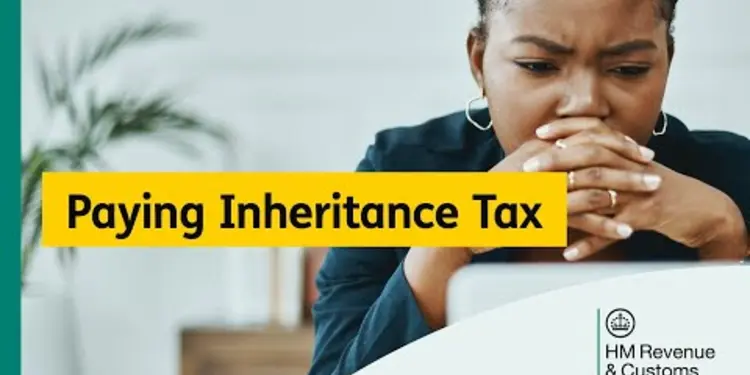
How and when do I pay Inheritance Tax when someone has died?
Relevance: 34%
-
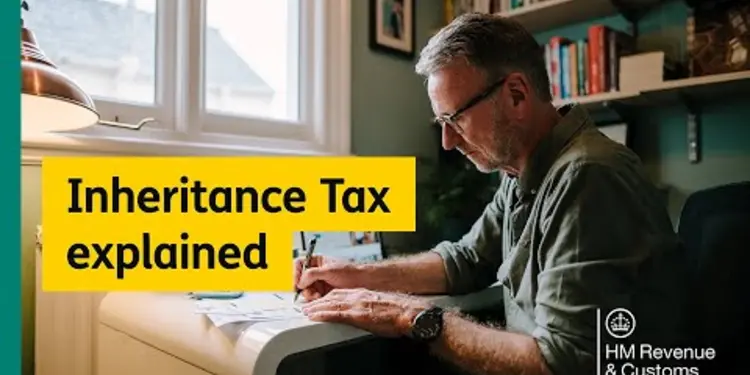
What is Inheritance Tax?
Relevance: 33%
-
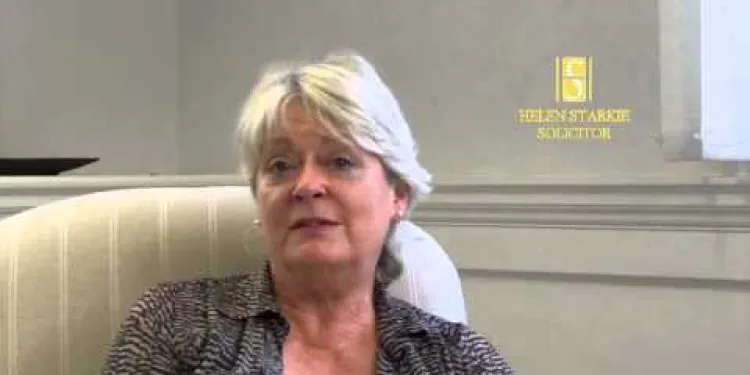
Wills, Probate and Tax Planning in the UK
Relevance: 33%
-
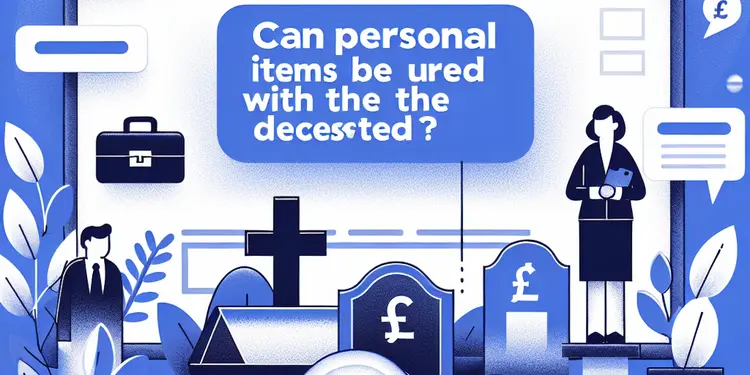
Can personal items be buried with the deceased?
Relevance: 33%
-
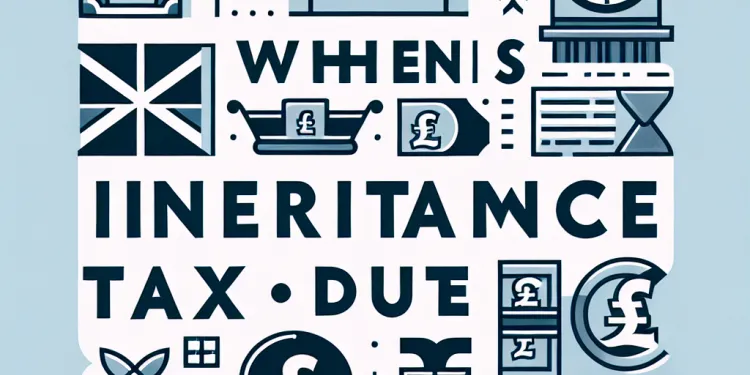
When is inheritance tax due to be paid?
Relevance: 32%
-

How is inheritance tax calculated?
Relevance: 32%
-

Who pays the inheritance tax?
Relevance: 32%
-

What is Inheritance Tax?
Relevance: 32%
-
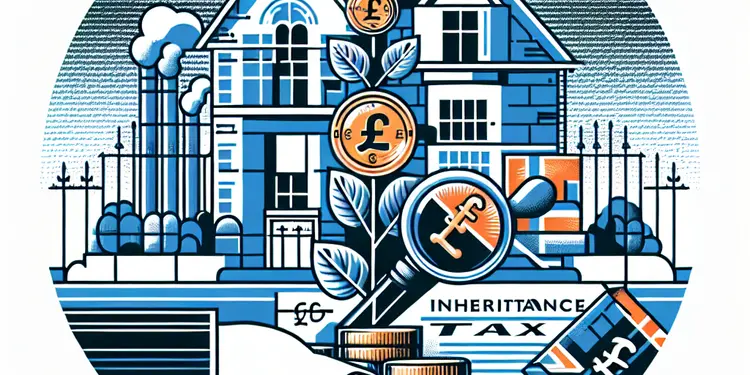
When is inheritance tax due?
Relevance: 30%
-
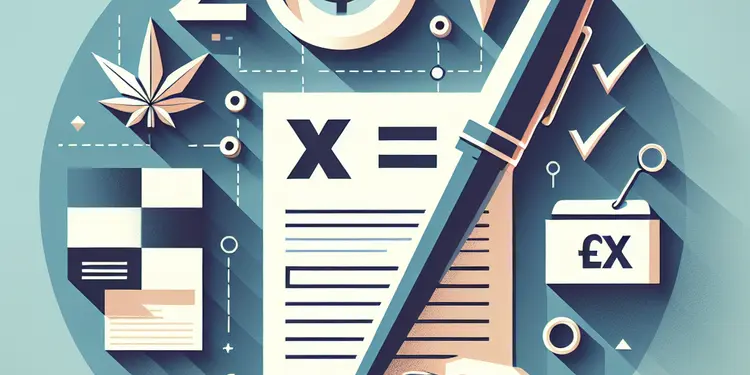
What forms do I need to complete for Inheritance Tax?
Relevance: 30%
-
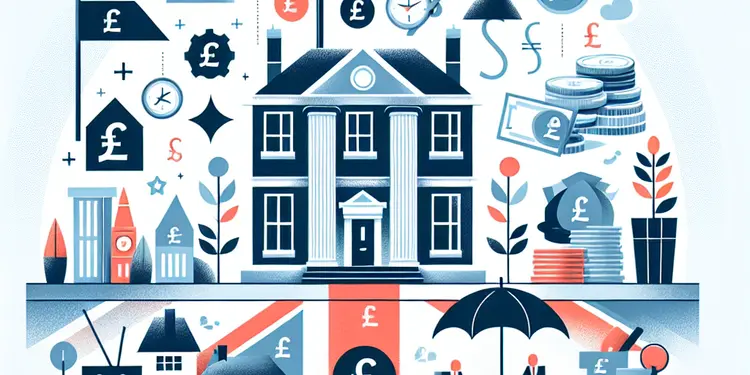
What is inheritance tax?
Relevance: 30%
-

Is there a difference between inheritance tax and estate tax?
Relevance: 30%
-
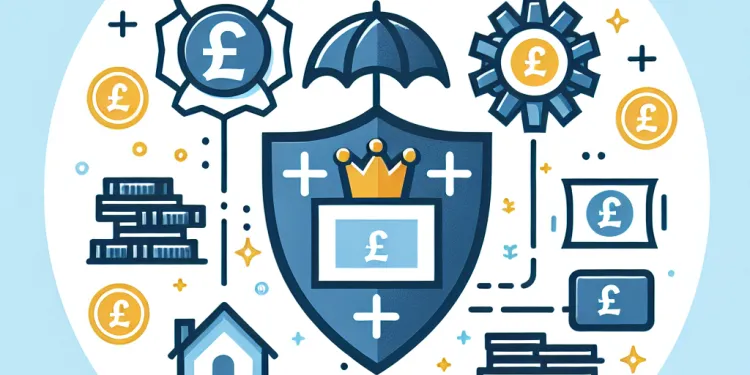
How is Inheritance Tax (IHT) dealt with after death?
Relevance: 29%
-

What assets are subject to inheritance tax?
Relevance: 29%
-
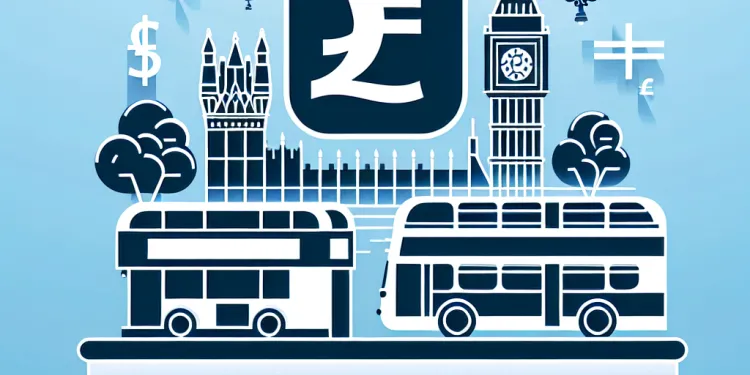
Are there any other reliefs available from inheritance tax?
Relevance: 29%
-

Owed money? - Professional UK Debt Collectors - 1st choice solution
Relevance: 28%
-
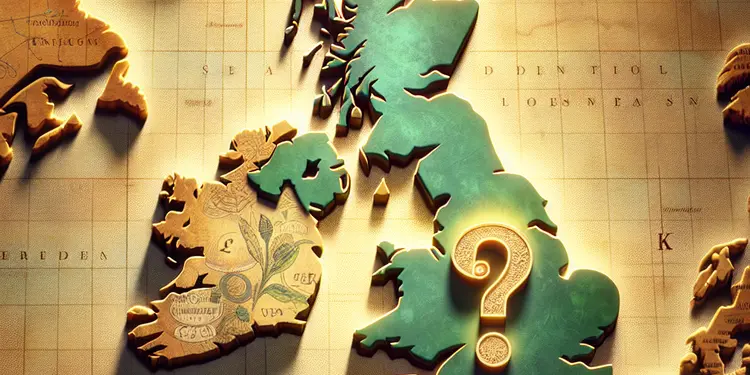
Which countries impose inheritance tax?
Relevance: 28%
-
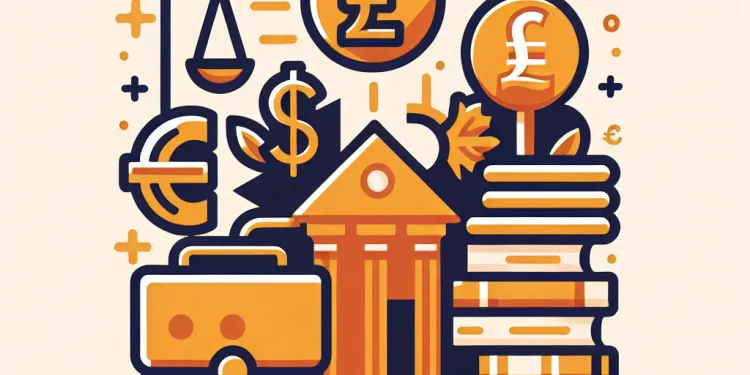
How do I notify HMRC of someone’s death?
Relevance: 28%
-

Can my tax refund be applied to my future tax obligations?
Relevance: 28%
-

Has the UK ever had a wealth tax?
Relevance: 28%
-

www.DebtMadeSimple.co.uk - Trust Deeds, Debt Arrangement Schemes, and Bankruptcy Services
Relevance: 28%
-
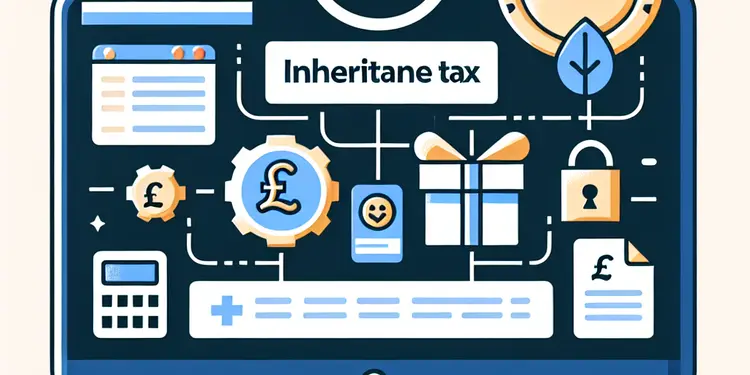
How does inheritance tax affect life insurance policies?
Relevance: 27%
-
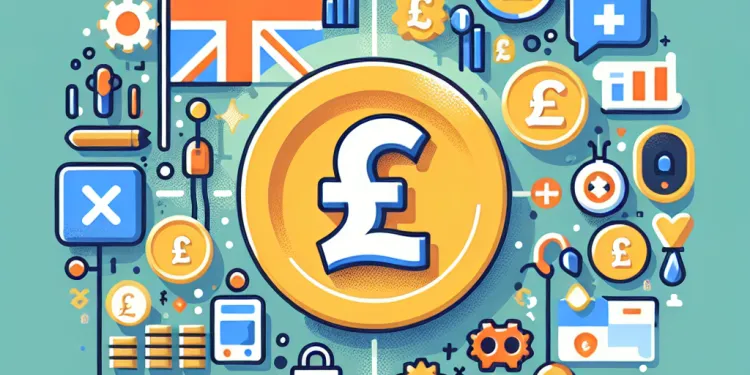
Do I need to inform HMRC about the death?
Relevance: 27%
Introduction to Tax Debts after Death
When an individual in the UK passes away, they may leave behind various financial obligations, including tax debts. These may arise from unpaid income tax, Capital Gains Tax, or Inheritance Tax, among others. Understanding who is responsible for settling these tax liabilities is crucial to ensure proper management of the deceased's estate.
The Role of the Executor or Administrator
The responsibility for paying the deceased's tax debts primarily falls to the executor or the administrator of the estate. The executor is a person appointed in the deceased's will to manage their affairs. If there is no will, an administrator is appointed by the court. Both the executor and administrator have a legal duty to ensure that all debts, including tax liabilities, are settled using the assets of the estate.
Paying Tax Debts from the Estate
The estate encompasses all the deceased’s assets, such as property, savings, and other investments. The executor or administrator must assess the estate's value and determine the debts owed, including any taxes. Tax debts are typically settled before distribution of the remainder to the beneficiaries. This means that creditors or tax authorities are paid first before heirs receive their inheritance.
Priority of Debts
In the UK, there is a specific order in which debts should be cleared from the estate. Funeral expenses and secured debts like mortgages are prioritized. Tax obligations are considered a higher priority among unsecured debts and should be addressed promptly after securing necessary approvals from probate courts, if applicable.
Dealing with Insufficient Assets
If the estate does not have sufficient assets to cover all debts, including tax liabilities, it is declared insolvent. The executor or administrator must then follow insolvency rules to distribute the available assets among creditors. In such cases, beneficiaries may not receive their inheritance as debts must be settled first.
Personal Liability and Precautions
While executors and administrators are responsible for settling the deceased's tax debts, they are generally not personally liable for those debts unless they have mishandled the estate. It is crucial for those managing the estate to maintain records and seek professional advice to ensure compliance with tax obligations and avoid personal liability.
Importance of Professional Advice
Given the complexities involved in settling an estate, including tax liabilities, it is often advisable to seek professional guidance. Solicitors, accountants, or estate planners can provide valuable assistance in navigating legal and tax requirements, ensuring that all obligations are met accurately and efficiently.
Conclusion
In the UK, the responsibility for paying a deceased person's tax debts lies with the executor or administrator of the estate. They must manage and settle these debts using the estate's assets, following legal protocols. Understanding these responsibilities and obtaining professional advice when needed is essential for a smooth and compliant estate administration process.
Introduction to Tax Debts After Someone Dies
When someone in the UK dies, they might leave behind taxes they owe. These taxes can include money owed from income, selling things, or taxes on what they leave behind. It's important to know who needs to pay these taxes so that everything is handled properly.
Who Is in Charge?
The person who needs to pay the taxes is called the executor or the administrator. The executor is chosen in the person's will to take care of their things. If there's no will, a court picks an administrator. Both must pay what the person owed, including taxes, using what the person left behind.
How to Pay the Taxes
The person’s things, like their house and savings, are called their estate. The executor or administrator figures out what the estate is worth and what debts, including taxes, need to be paid. Taxes are paid before the remaining things are given to the people who will inherit them, called beneficiaries.
Deciding Which Debts to Pay First
In the UK, there is a list of what debts are paid first. Things like funeral costs and mortgages are important to pay first. Taxes must be paid soon after these other debts and may need court approval.
Not Enough Money to Pay Debts
If there isn't enough money in the estate to cover all debts, it is called insolvent. The executor or administrator must follow special rules to pay the debts. In this case, the beneficiaries might not get anything because debts need to be settled first.
Responsibility and Being Careful
Executors and administrators need to pay the tax debts but usually aren't responsible with their own money unless they make mistakes. They should keep records and might need professional help to follow tax rules and avoid problems.
Getting Help from Experts
Settling estates can be complicated, so it's a good idea to get advice from experts like solicitors, accountants, or estate planners. They can help make sure everything is done correctly and on time.
Summary
In the UK, the executor or administrator has to pay a deceased person’s taxes. They use the estate’s things to do this, following the law. Understanding what to do and asking for expert help can make this process easier and correct.
Frequently Asked Questions
Who is responsible for paying the deceased’s tax debts?
The deceased's estate is responsible for paying any outstanding tax debts before distributing assets to heirs.
What happens if the estate does not have enough assets to pay tax debts?
If the estate lacks sufficient assets to cover tax debts, the debt generally remains unpaid. Heirs are not typically responsible.
Can tax debts affect the distribution of assets to heirs?
Yes, tax debts must be settled before assets can be distributed to heirs.
Is the executor responsible for paying the deceased’s tax debts out of their own pocket?
No, the executor uses the assets of the estate to pay off debts, including taxes.
Are beneficiaries responsible for the deceased's unpaid taxes?
Beneficiaries are generally not personally liable for unpaid taxes of the deceased.
How are tax debts handled if there was no will?
Without a will, a court-appointed administrator handles the estate and ensures debts, including taxes, are paid.
What taxes might the estate need to pay?
The estate might need to pay federal and state income taxes, estate taxes, and property taxes.
Can an executor be held liable for not paying tax debts?
Executors can be held liable if they distribute assets before settling debts, including taxes.
Do tax debts transfer to surviving spouses?
In community property states, surviving spouses might be liable for tax debts incurred during the marriage.
What documents are needed to pay the deceased's taxes?
Executors need the deceased's financial records, including previous tax returns and a death certificate.
Can tax debts affect life insurance payouts?
Life insurance proceeds paid directly to a named beneficiary are typically not subject to the deceased's tax debts.
Are there time limits for paying the deceased's taxes?
Yes, estate tax returns are usually due nine months after the death, but extensions can be requested.
How do I find out if the deceased owed any taxes?
Executors can request a tax transcript from the IRS to check for any outstanding tax debts.
What if the executor does not know how to handle tax debts?
Executors can hire a tax professional or attorney to assist with managing the estate's tax obligations.
Can the estate claim deductions to lower tax debt?
Yes, the estate can claim certain deductions like administrative expenses and debts owed by the deceased.
Can tax debts be disputed by the executor?
Yes, executors can dispute erroneous tax debts, but they must provide evidence to the IRS.
Do all estates have to pay estate taxes?
No, only estates exceeding the federal estate tax exemption are subject to estate taxes.
What is an executor's role in settling tax debts?
The executor's role is to manage the estate, including paying any outstanding debts such as taxes.
Can unpaid taxes prevent closing the estate?
Yes, unresolved tax issues can delay the closing of the estate until all debts are settled.
Are there penalties for late payment of the deceased’s taxes?
Yes, the estate might incur penalties and interest for failing to pay taxes on time.
Who pays the taxes when someone dies?
When a person dies, they might still owe taxes. It is the job of the person in charge of their money and things, called an "executor," to pay these taxes. The executor uses the money from the person's things to pay what is owed. If you are an executor and need help, you can use tools like checklists or ask someone who knows about these things.
The money and belongings of the person who died must be used to pay any taxes they owe before being given to the family or friends.
What if there is not enough money to pay taxes after someone dies?
If there is not enough money or things to pay the tax debt, the debt usually does not get paid. People who get things from the person who died don't usually have to pay.
Do unpaid taxes change who gets things when someone dies?
Yes, you must pay all tax debts before you can give out money or things to family members.
Does the person in charge of a will have to pay the dead person's taxes with their own money?
No, the person in charge (executor) uses the things from the person who died (their estate) to pay any money owed, like taxes.
Do people who get money or things from someone who died have to pay that person's taxes?
If you get money or things when someone you love dies, do you have to pay their unpaid taxes?
Here are some tips to help you:
- Ask an adult for help to understand.
- Use a calculator to keep track of money.
- Talk to a tax expert if you can.
If someone dies and they owe taxes, the people who receive their things (called beneficiaries) usually don't have to pay those taxes with their own money.
What happens to tax debts if someone dies without a will?
If someone dies without saying who gets their things, a special helper from the court takes care of it. This helper makes sure any money that is owed, like taxes, is paid.
What taxes does the estate need to pay?
When a person dies, an "estate" is what they leave behind like money and things.
The "estate" might have to pay money, called "taxes," to the government.
There are different types of taxes that might need to be paid:
- Inheritance Tax: This is money paid on stuff you inherit from someone who died.
- Estate Tax: This is money paid on the total value of the estate.
- Income Tax: If the estate makes money, like from a job, this tax is paid on that money.
Ask a grown-up or expert for help if you are unsure about taxes.
Using tools like speaking software or working with a friend can help understand taxes better.
The estate might have to pay different kinds of taxes. These include:
- Federal and state income taxes
- Estate taxes
- Property taxes
It can be helpful to use a calculator or ask someone who knows about money if you need help understanding taxes.
Can an executor get in trouble for not paying tax money owed?
If a person who manages a dead person's money (called an 'executor') doesn't pay the tax money that is owed, they might have to pay it themselves. It's very important for them to make sure all tax money is paid.
Here are some tips to help:
- Make a list of all debts, including tax money, that need to be paid.
- Talk to a money expert or a tax helper if you need more information.
- Use simple checklists to stay organized.
- Ask for help from family or friends if you feel confused.
People called executors are in charge of someone’s things when they pass away. Executors can get into trouble if they give away the person’s things before paying all the person’s debts and taxes.
Do tax debts go to a husband or wife if one of them dies?
In some places, if two people are married, they share things like money and property. If one person owes money to the tax people, the other person might have to help pay it back after their partner dies.
What papers do you need to pay taxes for someone who has died?
The person in charge needs the person's money papers. This includes old tax papers and the paper that says the person has died.
Can money owed for taxes change life insurance money?
When someone dies and has life insurance, the money from that insurance usually goes straight to the person who is named to get it. This money does not have to be used to pay off any taxes the person who died might owe.
Is there a deadline to pay the taxes of someone who has died?
If someone dies, do you have to pay their taxes by a certain time?
Here are some things to know:
- Check if there is a due date to pay.
- You can ask for help if you need it.
- Use a calendar to keep track of important dates.
- Ask someone you trust to help you understand.
Yes, you usually have to pay estate taxes nine months after someone dies. But you can ask for more time if you need it.
How can I find out if someone who died owed money to the tax office?
If you are helping someone's estate, you can ask the IRS for a paper that shows if they owe any taxes.
What if the person in charge does not know how to handle tax debts?
People who help take care of someone's things after they pass away can get help from a tax expert or a lawyer.
Can the estate pay less money on taxes?
An estate is what a person leaves behind when they die, like money and things.
Sometimes, the estate has to pay taxes.
There are special rules to make the tax bill smaller.
This is called a deduction.
It means the estate pays less tax money.
Ask an expert for help, like a tax advisor.
Yes, the estate can ask for some money back. This can be for things like costs to run the estate and any money the person who died owed to others.
Can the person in charge of a will argue about tax money owed?
Yes, executors can say if they think a tax debt is wrong. They need to show proof to the IRS.
Do all estates have to pay estate taxes?
Not every estate has to pay taxes. An estate is everything a person owns, like money and things, when they die.
In some places, if an estate is not too big, it does not have to pay taxes.
Tools and help:
- Ask someone you trust, like a family member or lawyer, to help explain.
- Use a calculator to see if an estate is too big for taxes.
- Look for websites or books that explain estate taxes in easy words.
No, you only have to pay estate taxes if the money or property you have is more than the limit set by the government. This limit is called the "estate tax exemption."
What does an executor do about tax debts?
An executor is a person who helps settle someone's things after they pass away. One job they have is to make sure any taxes that the person owes are paid. This means they check if there are any taxes left to pay and make sure they are taken care of.
If you find this hard to understand, you can ask someone to help you. It might also help to look at pictures or videos that explain it more.
The executor's job is to look after the person's things after they pass away. This includes paying any money that is still owed, like taxes.
Do you have to pay taxes to finish dealing with a person's things when they die?
If there are problems with taxes that aren't fixed, it can slow down finishing the estate. This is because all money that is owed must be paid first.
What happens if you pay the taxes of someone who has died late?
Yes, the estate might have to pay extra money for not paying taxes on time. This extra money is called penalties and interest.
If you find reading hard, you can ask someone for help. You can also use tools like audiobooks or screen readers to help understand the text better.
Useful Links
This website offers general information and is not a substitute for professional advice.
Always seek guidance from qualified professionals.
If you have any medical concerns or need urgent help, contact a healthcare professional or emergency services immediately.
Some of this content was generated with AI assistance. We’ve done our best to keep it accurate, helpful, and human-friendly.
- Ergsy carfully checks the information in the videos we provide here.
- Videos shown by Youtube after a video has completed, have NOT been reviewed by ERGSY.
- To view, click the arrow in centre of video.
- Most of the videos you find here will have subtitles and/or closed captions available.
- You may need to turn these on, and choose your preferred language.
- Go to the video you'd like to watch.
- If closed captions (CC) are available, settings will be visible on the bottom right of the video player.
- To turn on Captions, click settings .
- To turn off Captions, click settings again.
More Items From Ergsy search
-

Who is responsible for paying the deceased’s tax debts?
Relevance: 100%
-

Are beneficiaries responsible for the deceased's tax debts?
Relevance: 80%
-

Can the executor use the deceased's assets to pay tax debts?
Relevance: 79%
-

What Happens to Tax Debt After Death? (UK Laws)
Relevance: 67%
-

What is the role of an executor in handling tax debts?
Relevance: 63%
-

Who is responsible for paying Inheritance Tax?
Relevance: 55%
-

Is it necessary to complete a final tax return for the deceased?
Relevance: 54%
-

Do unpaid tax debts affect Inheritance Tax calculations?
Relevance: 54%
-

What happens to a deceased’s Income Tax if they were employed?
Relevance: 53%
-

What should I do if I need help managing the tax affairs of the deceased?
Relevance: 52%
-

What if the estate does not have enough assets to pay all tax debts?
Relevance: 46%
-

What taxes need to be paid from the deceased’s estate?
Relevance: 46%
-

Can I include previous year's tax debt in a new Time to Pay arrangement?
Relevance: 43%
-

What is the process for paying inheritance tax?
Relevance: 38%
-

How do I value the estate for Inheritance Tax purposes?
Relevance: 36%
-

How is the Inheritance Tax bill calculated?
Relevance: 35%
-

Three Debt Free Methods in 2023 | Free Debt Calculator Tracker
Relevance: 34%
-

How and when do I pay Inheritance Tax when someone has died?
Relevance: 34%
-

What is Inheritance Tax?
Relevance: 33%
-

Wills, Probate and Tax Planning in the UK
Relevance: 33%
-

Can personal items be buried with the deceased?
Relevance: 33%
-

When is inheritance tax due to be paid?
Relevance: 32%
-

How is inheritance tax calculated?
Relevance: 32%
-

Who pays the inheritance tax?
Relevance: 32%
-

What is Inheritance Tax?
Relevance: 32%
-

When is inheritance tax due?
Relevance: 30%
-

What forms do I need to complete for Inheritance Tax?
Relevance: 30%
-

What is inheritance tax?
Relevance: 30%
-

Is there a difference between inheritance tax and estate tax?
Relevance: 30%
-

How is Inheritance Tax (IHT) dealt with after death?
Relevance: 29%
-

What assets are subject to inheritance tax?
Relevance: 29%
-

Are there any other reliefs available from inheritance tax?
Relevance: 29%
-

Owed money? - Professional UK Debt Collectors - 1st choice solution
Relevance: 28%
-

Which countries impose inheritance tax?
Relevance: 28%
-

How do I notify HMRC of someone’s death?
Relevance: 28%
-

Can my tax refund be applied to my future tax obligations?
Relevance: 28%
-

Has the UK ever had a wealth tax?
Relevance: 28%
-

www.DebtMadeSimple.co.uk - Trust Deeds, Debt Arrangement Schemes, and Bankruptcy Services
Relevance: 28%
-

How does inheritance tax affect life insurance policies?
Relevance: 27%
-

Do I need to inform HMRC about the death?
Relevance: 27%


